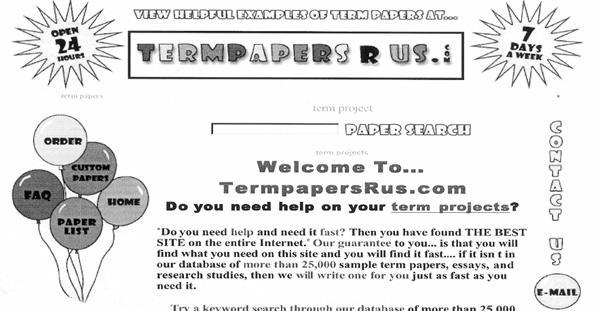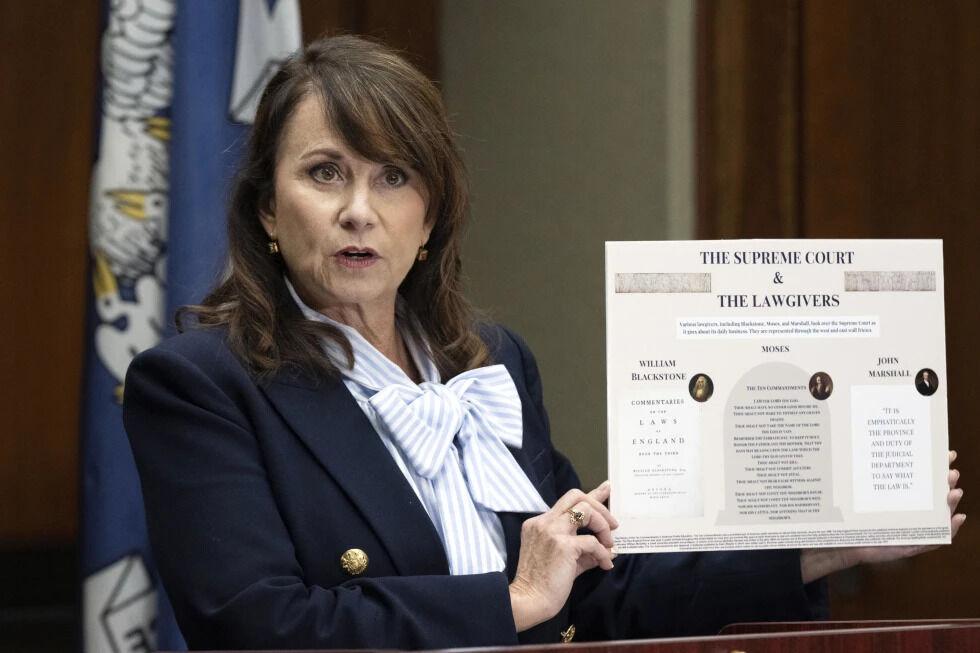Students and professors alike are dealing with the pressures of plagiarism as the semester’s end draws near and hundreds of final papers are due.
Pre-written papers are extremely easy to obtain from hundreds of different Web sites but are just as easy to detect.
Web sites such as TermPapersRUS.com, megaessays.com, ABCpapers.com and collegetermpapers.com boast the availability of papers on a wide variety of topics for students to download and use as their own.
“Don’t despair, you are at the right place, at the right time,” boasts ABCpapers.com. “Whether it is two in the afternoon or 11 at night, The Paper Experts can help you.”
Each Web site offers visitors keyword or topic search engines for immediate access to thousands of high-quality papers and essays.
While many Web sites openly advertise an easy A, some have disclaimers stating the Web site should be used as a study aid.
“Although we offer free essays and term papers on the Web, we do not suggest that students use this resource as an alternative to doing their homework,” states 4essays.com. “If a student were to copy and turn in one of these free essays, then he or she would be committing plagiarism.”
The University has a strict policy against plagiarism, which is classified as academic misconduct.
During the 2001-2002 academic year, University faculty members turned in 184 students for plagiarism, according to the Dean of Students’ Office.
Most of these students used the Internet to find pre-written papers and many faculty members also caught them using the Internet.
Not all the students necessarily were found guilty, but teachers submitted their essays and proof of their crimes to the Dean of Students’ Office.
The University Code of Student Conduct defines plagiarism as “the unacknowledged inclusion of someone else’s words, structure, ideas or data.”
While the papers may be easy for students to obtain, they are just as easy for teachers to find.
Professors can go to any of these Web sites and find the papers in the same manner. They even can do an easier search to make sure students are using original ideas.
Elsie Michie, English undergraduate studies director, said teachers can do a simple specialized search on Google.com to catch a plagiarist.
Useful Web sites like plagiarism.com and turnitin.com give teachers the opportunity to submit papers to be compared against a Web-built database for evidence of plagiarism.
“It goes without question that availability is there for students to take papers from the Internet, but the mitigating force is that teachers are also aware of it,” said Irvin Peckham, English first-year writing program director.
Professors can register with turnitin.com and submit students’ papers. The database compares the papers to other information from all over the Web and within 24 hours sends an “Originality Report” highlighting the similarities between the submitted paper and pre-existing work.
“A student found responsible for academic misconduct will, at a minimum, be dropped from the course in which the academic misconduct occurred and a permanent grade of F must be assigned in the course,” states the University’s Code of Student Conduct.
Students found guilty of academic misconduct also are subject to being placed on academic probation, suspension or expulsion.
Web sites counteract Internet plagiarism
By Laura Patz - Staff Writer
November 15, 2002

The ‘Write’ Way
Web sites counteract Internet plagiarism
More to Discover







